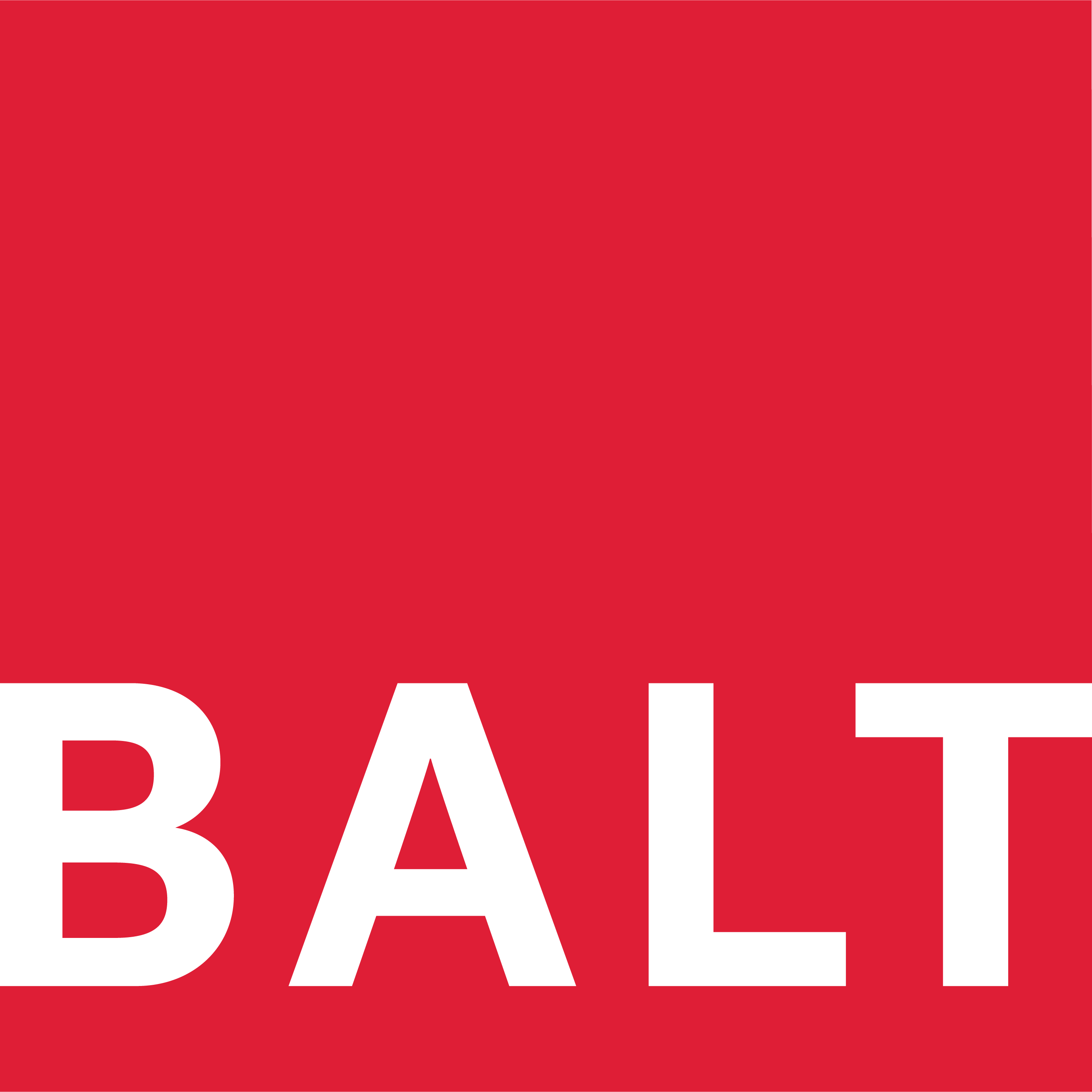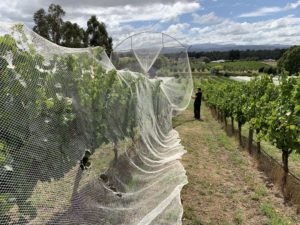Action learning is a process by which a group of people come together to focus on a collective project. The aim of the project is to introduce an organisational or operational change and to use the intended change as a vehicle for learning through experimentation, measurement and reflection on outcomes. The team members draw collective learning from the collective experience.
Action learning broadens the experience of participants, exposing them to different industries and different practices. It encourages them to challenge existing practices in their own organisation and to do things differently. This learning may be a direct result of the action learning project, or it could be incidental learning from things observed in the course of the project.
Participants typically come from different situations where they are involved in different activities and face individual problems. This diversity enriches the learning process. The group tackles a problem that is of vital concern to one participant’s company. Although the problem is specific to one company, it is selected to have some relevance to the other participants.
Action learning is increasingly preferred as an option to conventional coursework because for most adults, exploratory and experiential learning comes more naturally than acquisitional learning (lectures, seminars, reading). Action learning is more engaging and exciting and the participants feel that they are in control of the learning process. Adults are generally bored by lectures and presentations and are not comfortable in a submissive learning situation. The focus of the learning is specific to the needs of the participants, rather than generic, and the learning skills and team processes developed are readily transferred by the participants to their own workplaces.
Action learning provides the basis for compelling case studies from which others can take inspiration and the tangible outcomes achieved provide a sense of accomplishment and reinforce the learnings.






















